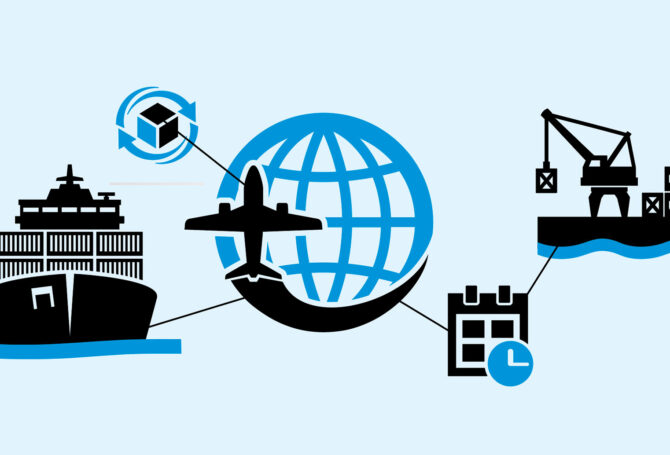
Interviews conducted this week by NPR’s Steve Inskeep provide some of the most revealing glimpses of new realities in Afghanistan as the Taliban regains control and Americans scramble to evacuate. As co-host of Morning Edition, Inskeep says a goal of the show is to “slow down the news” so people can make sense of fast-moving events.
In pursuit of that goal, Inskeep, no stranger to Afghanistan, has interviewed a retired Afghan Air Force colonel, a Taliban spokesman and an Afghan interpreter for US personnel. The interviews offer a more reflective view of what’s happening in Afghanistan than the chaotic, heartbreaking views of Afghanis scrambling to board US transport planes.

The former colonel’s interview was filled with melancholy and perspective. He cast doubt on claims there actually were 300,000 Afghan troops prepared to repel Taliban fighters, saying there were far fewer well-trained, committed soldiers to fight for their country. “Yeah, yeah, in the paper. In the reality, maybe, it was not true. But the main point is that the leadership – the leadership is more important than the subordinate because the willingness comes from the leadership.” He speculated Afghan leaders cut deals with the Taliban, paving the way for the rapid fall.
Mohammed, the name Inskeep used to shield the colonel’s identity, provided an unvarnished description of the fallen Afghan government: “I thought there was a really big mistake – mistake was that the United States of America, they trusted the people who shouldn’t be trusted because they were former mafia, drug smuggler, human trafficking. They steal money, and they just think about their self, not the making of government and making the nation. And I told every American who I talked with – I told them the problem in Afghanistan is the same as Vietnam, like in the South Vietnam government.”
The colonel said he lived through the previous Taliban reign and had no plan to flee now. He told Inskeep he had no plan for his family’s future, noting, “To survive is one thing. To live like a human being is another. I hope you got my point.”
The next day, Inskeep interviewed Taliban spokesman Suhail Shaheen, who said Americans will be allowed to withdraw peacefully, per the Doha agreement signed in 2020 after negotiations with the Trump administration. Shaheen said the Taliban have been patient because the withdrawal will drag into September even though the Doha agreement called for the withdrawal to end in May.
Shaheen also said there is ongoing communication between US and Taliban officials and that a general amnesty has been announced for government workers who are needed to restore a sense of order and continuity. Inskeep pressed him on reports of house-to-house searches, which Shaheen insisted were “not authorized, not authorized at all”.
The most probing part of the interview was Inskeep’s persistent questioning about press freedom, women’s rights and Sharia justice. He asked whether the Taliban had changed. “I stood on the football field and I talked with people who had seen the executions. I do not doubt they happened, sir. Are you saying that your group has changed from what it was then?” Shaheen’s answers to Inskeep’s inquiries weren’t reassuring.
“The world was stunned your group captured control of the country so quickly. It was, of course, a 20-year war, but the end came very quickly. How do you feel that you succeeded in that way?” Inskeep asked. Shaheen responded, “It showed the support of the people. It showed our movement for liberation of the country was a popular uprising. And it showed that those who were working for the Kabul administration, they were bigger and stronger and sustaining themselves only because of the bombardment and cruise missiles and air strikes, drone attacks of the pilots. Otherwise, when they started withdrawing from the country, the people rejected them and they had no support of the security forces.”
Inskeep ended the interview by asking whether the Taliban will allow ISIS and al-Qaida to re-establish bases in Afghanistan to export terrorism, which was the original reason for US military intervention. Shaheen replied, “When we say that we do not allow anyone to use the soil of Afghanistan, that means we will not allow them, that if they are intending to use this soil for their activities outside the country, so that we will not allow them to, we will not tolerate that.”
It was a mistake by the United States of America to trust people who shouldn’t be trusted because they were former mafia, drug smugglers and human traffickers. They steal money, and they just think about their self, not the making of government and making the nation.
His third interview was with Khan, a former Afghan interpreter for US troops who has an exit visa that wasn’t finalized in July because US embassy staff were quarantined because of COVID. Now he is marooned in his home in Kandahar unable to return to Kabul because of Taliban check points on the lookout for people like him.
Khan told Inskeep he understands why the Taliban is hunting people like him because he helped US troops hunt and kill them. He seemed less angry at the Taliban than at his American colleagues for not having a plan to evacuate him and his family. Khan said he feels betrayed, but he remains loyal and hopeful toward an America that spent 20 years being a friend to Afghanistan.
Inskeep closed by telling Khan he hoped to meet him face-to-face in America someday. “I hope so, too,” Khan replied.
Three interviews don’t tell the complete story of what has gone on and is going on as a massive evacuation effort is ongoing. But they yield a texture missing from hectic, breaking news reports and the polemics of political reaction to the evacuation effort.




